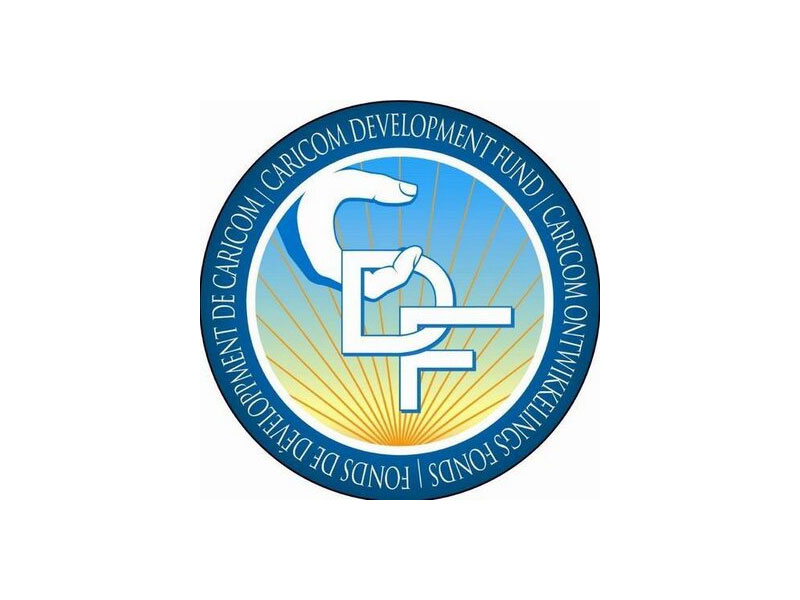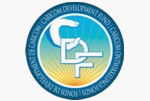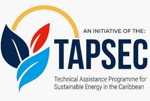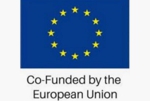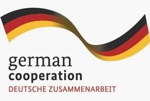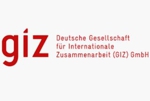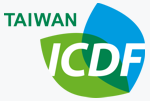About
The function of CRAF is to roll out a practical and implementable facility that will unlock financial capital for key sectors, with a focus on small and medium-sized enterprises, for renewable energy and energy efficiency projects
Introducing CRAF
The CARICOM Development Fund (CDF) with assistance from the Deutsche Gesellschaft für Internationale Zusammenarbeit (GIZ), and the Caribbean Community (CARICOM) Energy Unit, is undertaking the establishment of the Credit Risk Abatement Facility (CRAF).
The CRAF aims to support the renewable energy and energy efficiency sector in CDF Member States, and thereby aid in the transition to a low carbon economy through facilitating a reduction in harmful greenhouse gas emissions and by generating cost savings which will increase productivity and business competitiveness.
Please enter a valid video URL.
The URL can point to any video file or a Youtube video.
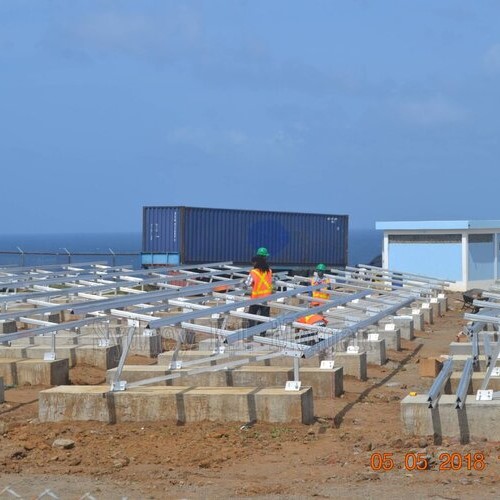
CRAF DEVELOPMENT

CRAF’s strategic objectives are:
To be a practical, efficient and effective facility that is implemented with minimum transaction costs;
To encourage sectoral development, lending and economic activity that is additional to that which would otherwise occur; and
To be transformational, such that CRAF leads to lasting change in the operation of markets within the CARICOM region.

CRAF aims to serve the needs of Partners who also wish to support a low-carbon transition and contribute to a more resilient Caribbean region. CRAF will work closely with a range of Partners to build the market in RE and EE across the CARICOM region. Partners will include:
- Financiers
- Intermediaries such as ESCOs
- Industry associations
- Small and Medium-sized Enterprises (SMEs), and
- Other providers of services and products, such as energy service providers and technical assistance providers, which may be certified by CRAF.
CRAF will form partnerships with other regional technical assistance providers. Current CRAF Technical Assistance Partners are:
- The Caribbean Centre for Renewable Energy and Energy Efficiency (CCREEE), and
- The CARICOM Secretariat, Energy Unit.
During the pilot phase of CRAF roll out, there will be a focus on the engagement of financial institutions in the five pilot states and in obtaining more projects for inclusion in the fully capitalised facility. For the duration of the pilot, it is expected that this will primarily involve engagement of financial institutions and specific industry associations.
CRAF aims to target SMEs in the sectors of manufacturing, tourism and agriculture who wish to ‘green’ their product offerings, rural self-generators of electricity and those to which electricity is a major cost for operations.
Additionally, CRAF is targeting Energy Service Providers who currently struggle to access funding for project implementation and who wish to improve the quality of their offerings. Primarily, this applies to ESCOs, and those who aim to implement a shared savings model and who wish to reduce their reliance on intermittent income streams from public projects.
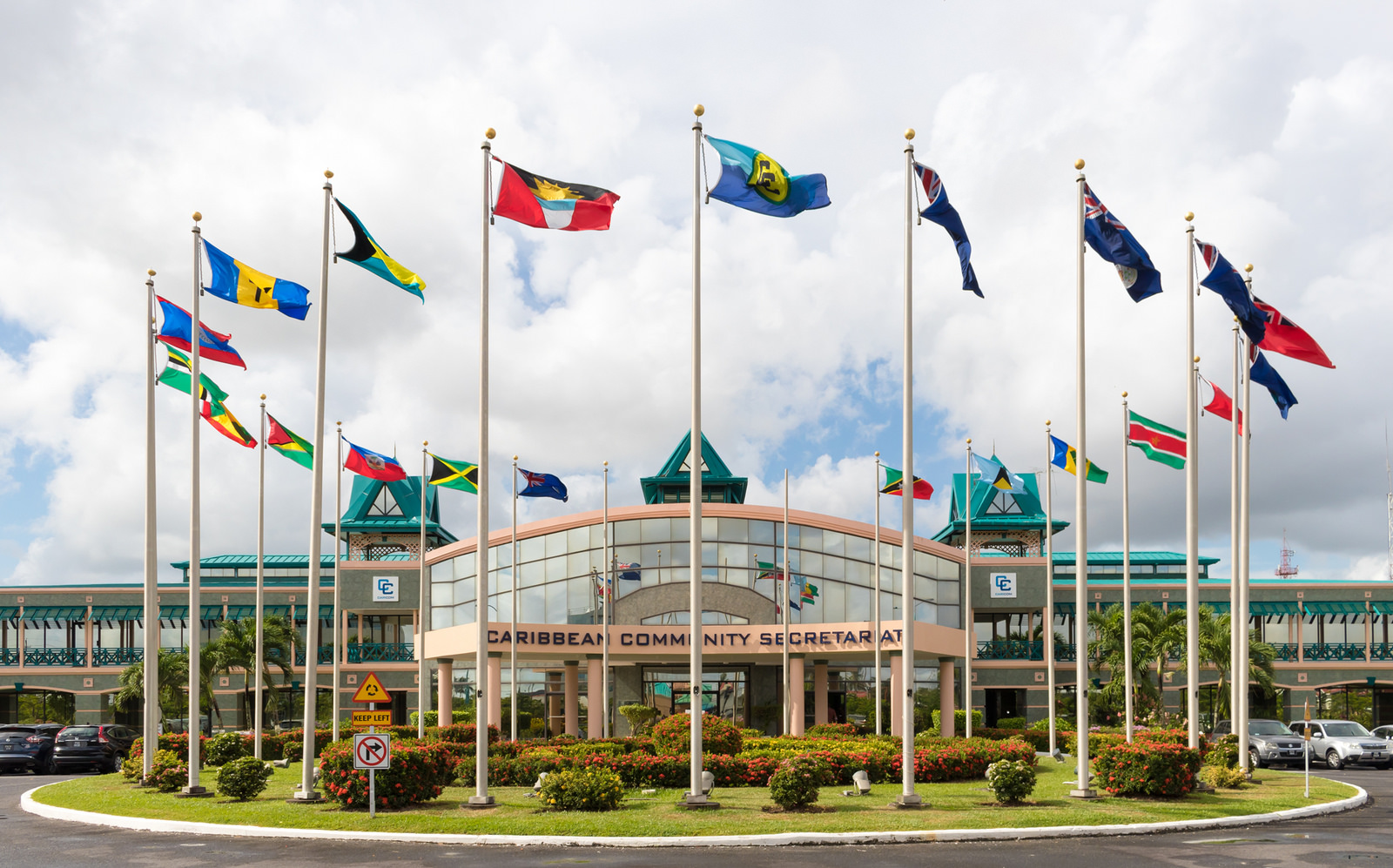
The CARICOM Development Fund will manage CRAF, both during the pilot phase and once fully operational.
The CARICOM Development Fund (CDF), established in 2008 is a key developmental mechanism in the architecture of the Caribbean Single Market and Economy (CSME) and is committed to achieving its vision to lead in providing effective, efficient and sustainable solutions that address the challenges faced by those participating in the CSME
“We have reached the final stages to the completion of Phase 2 of the Facility and now the region’s promising energy efficiency and renewable energy sectors can be supported with the innovative tools and services provided by CRAF to facilitate easier access to financing for key sectors and SMEs”
— Wayne Vitalis, Financial Controller for the CDF
ABOUT THE CDF

